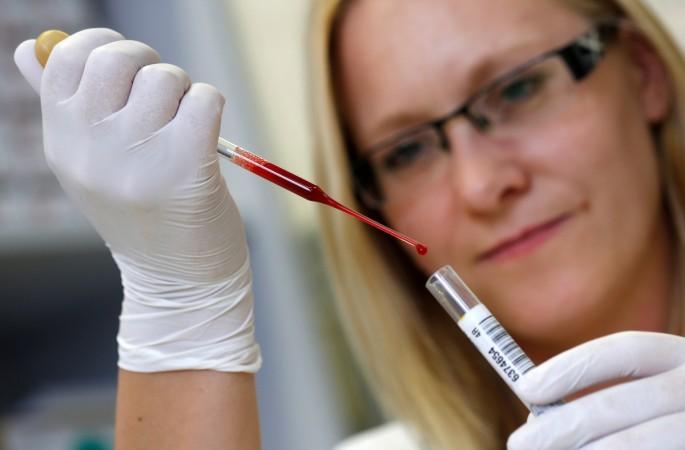
A new study reveals that only 28 per cent of parents having kids with food allergies have allergies. A blood test or a skin prick test can reveal how sensitive a person is to a food, but it is not a proper source to detect allergy unless one has suffered from reaction to the food before.
"Parents of kids with food allergies had a higher rate of positive blood and skin tests to foods than the general population," allergist Melanie Makhija was quoted as saying by the Indian Express.
But of the 2,477 parents, only 28 per cent of those who self-reported a food allergy actually tested positive. "This tells us that either people haven't been tested and are assuming an allergy from a previous reaction to a food, or they haven't been tested properly and may not truly have an allergy," Makhija added.
According to the study, allergy testing, including blood and skin prick testing, are not always reliable. There are a lot of false positives.
A questionnaire was given to the parents of children with food allergies and it was found that 13.7 per cent of the parents expressed having food allergy. On testing them, it was found that only 28 per cent of those parents were allergic.
"Previous studies have focused on the general adult population," said allergist Rachel Robison, co-author of the study.
"While we found that positive test results were more common in parents of kids with food allergies, the actual levels in the blood for the foods were quite low. Low positives in allergy testing are more likely to be false positives," she added.
The researchers also found that 14 per cent of the parents who didn't report having food allergy were allergic to sesame and peanut.
The American College of Allergy, Asthma and Immunology (ACAAI) stated that skin tests might point towards sensitisation, but being sensitised to an allergen doesn't necessarily mean that you are allergic.
Oral food challenges are considered to be more precise for detecting allergies. Future risks of food allergy are unpredictable for someone who has never consumed that food before, the study revealed.

















